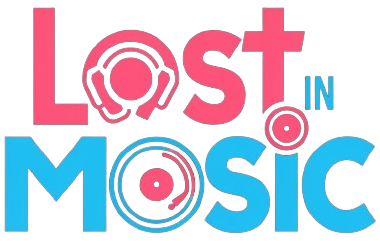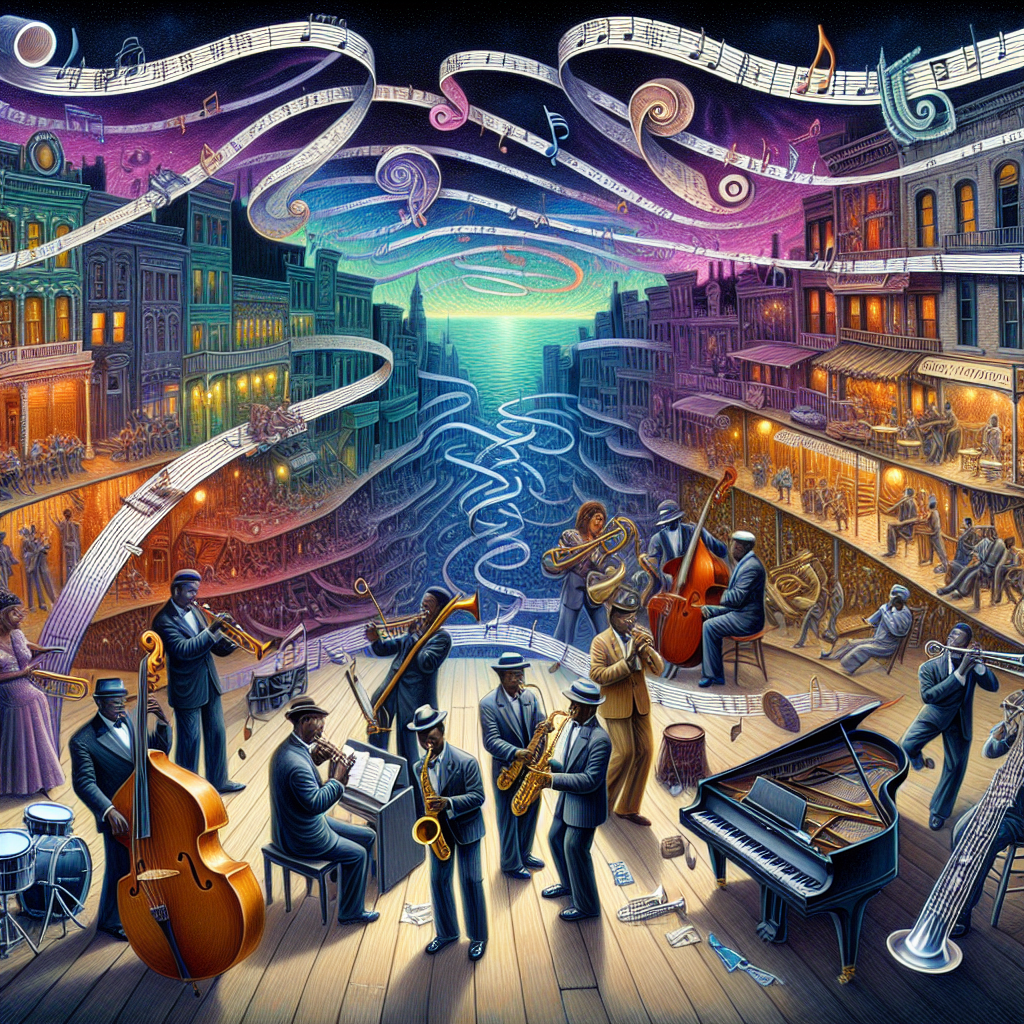Jazz music, born in America, has been a powerful voice for many generations and is considered one of the most significant musical inventions of the 20th century. Its influence still reverberates in the music we listen to today. The genre showcases rich, diverse and complex history, characterized by a series of evolutionary changes.
The Origin- Late 19th and early 20th centuries
The genesis of Jazz music is traced back to the late 19th and early 20th centuries in the Southern United States. It originated within the African-American communities, deeply rooted in the blues, spiritual, folk music, and African tribal music traditions. The genre incorporated European instrumentation and harmony, creating a unique blend of music that represented the cultural melting pot that was America at the time.
The 1920s – Jazz Age
Jazz exploded in popularity during the 1920s, also known as the Jazz Age. This was the era of famous musicians like Louis Armstrong and Duke Ellington. Displaying influences from Caribbean music and brass-band marches, Jazz during this period was typically played by large orchestras and was characterized by structured, composed performances.
The 1930s and 1940s – Swing Era
The Swing era was marked by the advent of Big Band Jazz. Big bands led by Duke Ellington and Benny Goodman started to dominate the Jazz scene. The music was upbeat, perfect for dancing, and was played on the radio, which helped in its popularity. The swing era was the peak of jazz music’s popularity, reaching global audiences.
The 1950s – Bebop and Cool Jazz
Jazz took a different turn in the 1950s with the emergence of Bebop. The melodies became more complex with emphasis on improvisation. Prominent musicians of this era include Charlie Parker and Dizzie Gillespie. A counterpoint to Bebop, Cool Jazz, also found emergence. It was softer and smoother, and including musicians like Miles Davis and Chet Baker.
The 1960s – Free Jazz and Fusion
With Free Jazz came an era of experimentation. Musicians started to explore outside of standard progression and form. At the same time, the genre of Fusion was born, blending Jazz with rock music. Miles Davis’ album “Bitches Brew” was a landmark in this development.
The Contemporary Jazz
Modern Jazz varies greatly, from preserving the traditions of the earlier eras to forging ahead with new techniques. Artists like Wynton Marsalis looked to the past for inspiration, while others like Pat Metheny combined elements of rock, pop, and country music.
Conclusion
Jazz has left its mark on world culture – social, dance, visual arts, literature, and, most notably, music. Its freedom of expression and improvisation makes it not just a musical genre, but an attitude and a way of life. The journey through the history of Jazz allows us an insight into America’s cultural evolution over the past century and its musical impact across the globe.
FAQs
1. Where did jazz originate?
Jazz music originated in the late 19th and early 20th centuries within the African-American communities of the Southern United States.
2. How did jazz music evolve over time?
The evolution of Jazz music saw various styles and sub-genres over the decades – from the structured performances of the Jazz Age to the improvised, complex melodies of Bebop and the experimental Free Jazz era.
3. Who are some of the most influential figures in Jazz history?
Some of the most influential figures in Jazz history include Louis Armstrong, Duke Ellington, Charlie Parker, Dizzie Gillespie, Miles Davis, and many more.
4. What characterizes modern Jazz?
Modern Jazz is characterized by diverse styles, inspired by traditions of the past while incorporating new techniques, including elements from other musical genres.
5. Why is Jazz music significant?
Jazz music is significant as it has significantly influenced global culture. Its freedom of expression and improvisation represents not just a musical genre, but an attitude and a way of life.




